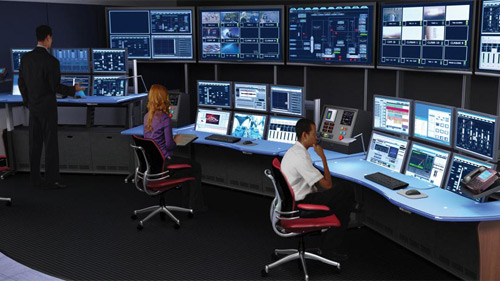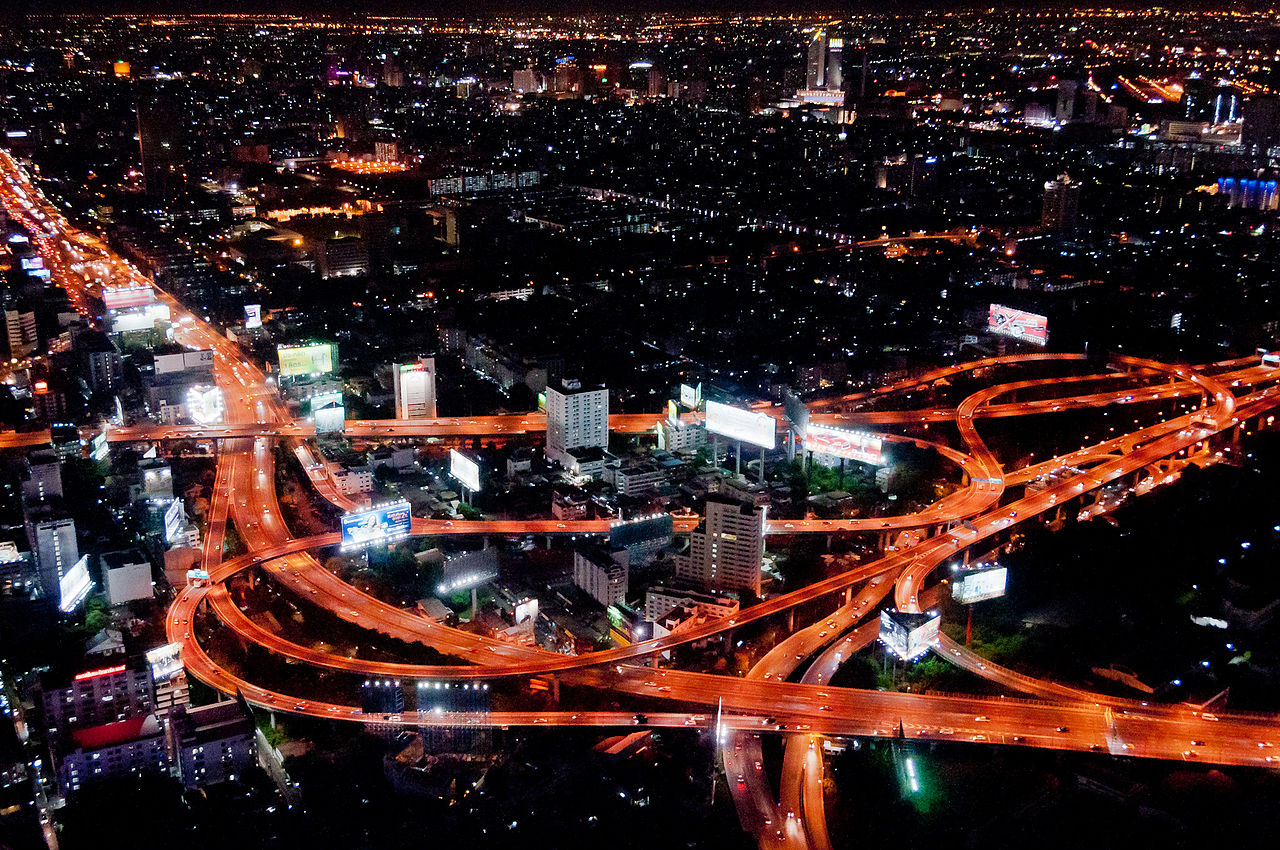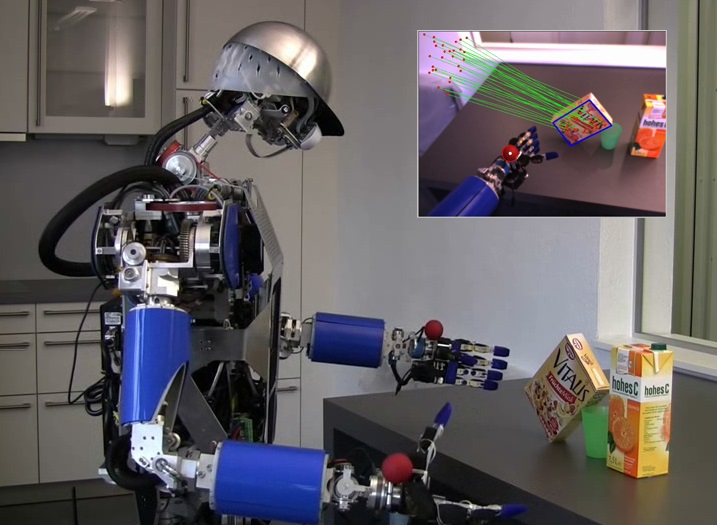Control and vision systems


Control is also commonly referred to as latent technology, which allows a piece of equipment to function autonomously and react to changes in its environment. Without the use of systems that automatically perform sensing, signal processing, decision and intervention tasks, efficient and environmentally friendly management of production processes, supervision and optimal operation of the infrastructure and transport systems (vehicles, vehicle fleets, airplanes, drones, etc.) are inconceivable. Control engineering is a constantly evolving and fascinating field of engineering. According to OECD and EU forecasts, experts in control engineering will be in high demand in the coming period, especially in sectors such as process control, the automotive and aerospace industries, robotics, the renewable energy sector, and the control of biological and medical systems.
Key topics
Process control
In the field of process control, mature solutions are usually used, however, due to the production volumes and technological costs involved, improvements are continuous. Smaller efficiency gains and relative improvements in product quality can also bring great competitive benefits. The pressure to come up with greener technologies is also a source of constant innovation. With a given technology, this can be achieved with more modern, optimal, cost-effective control algorithms that can be developed by engineers who are aware of the state-of-the-art results and trends in control theory.

Distributed, optimal control of complex systems
As networks evolve, the complexity of the systems to be controlled also increases rapidly. The control technology professionals of the future need to find solutions for the management of smart electricity networks with renewable power generation units, for the optimal use of global production capacities with several production units, for the control of transport networks to minimize environmental impact, etc.

Visual feedback
Images carry a large amount of information that can also be exploited for control using special algorithms. Thanks to cameras and high-performance hardware components that also allow parallel processing, the increasing use of machine vision is expected in robotics, vehicle control, and medical applications.

Courses
Computer Vision Systems (IIT, 1st semester)
The course describes the basics of computer vision systems, and then deals in detail with the three-dimensional perception of the environment and their application on embedded and mobile systems. The acquired image processing methods can be used not only in control but also in general purpose vision systems.
Artificial Intelligence Based Controls (IIT, Semester 1)
Evolution, human thinking, the behavior of groups of animals can work wonders. The subject shows how these mechanisms of nature can be applied to model and control complex systems. The lectures deal in detail with fuzzy-based, neural network-based controls, their combinations, and stochastic optimization procedures.
Control Engineering and Image Processing Laboratory
The knowledge gained during the previous semester in the field of artificial intelligence and image processing can be tested in practice during the measurement sessions of the subject, including the design of stereo camera image processing and fuzzy controls.
